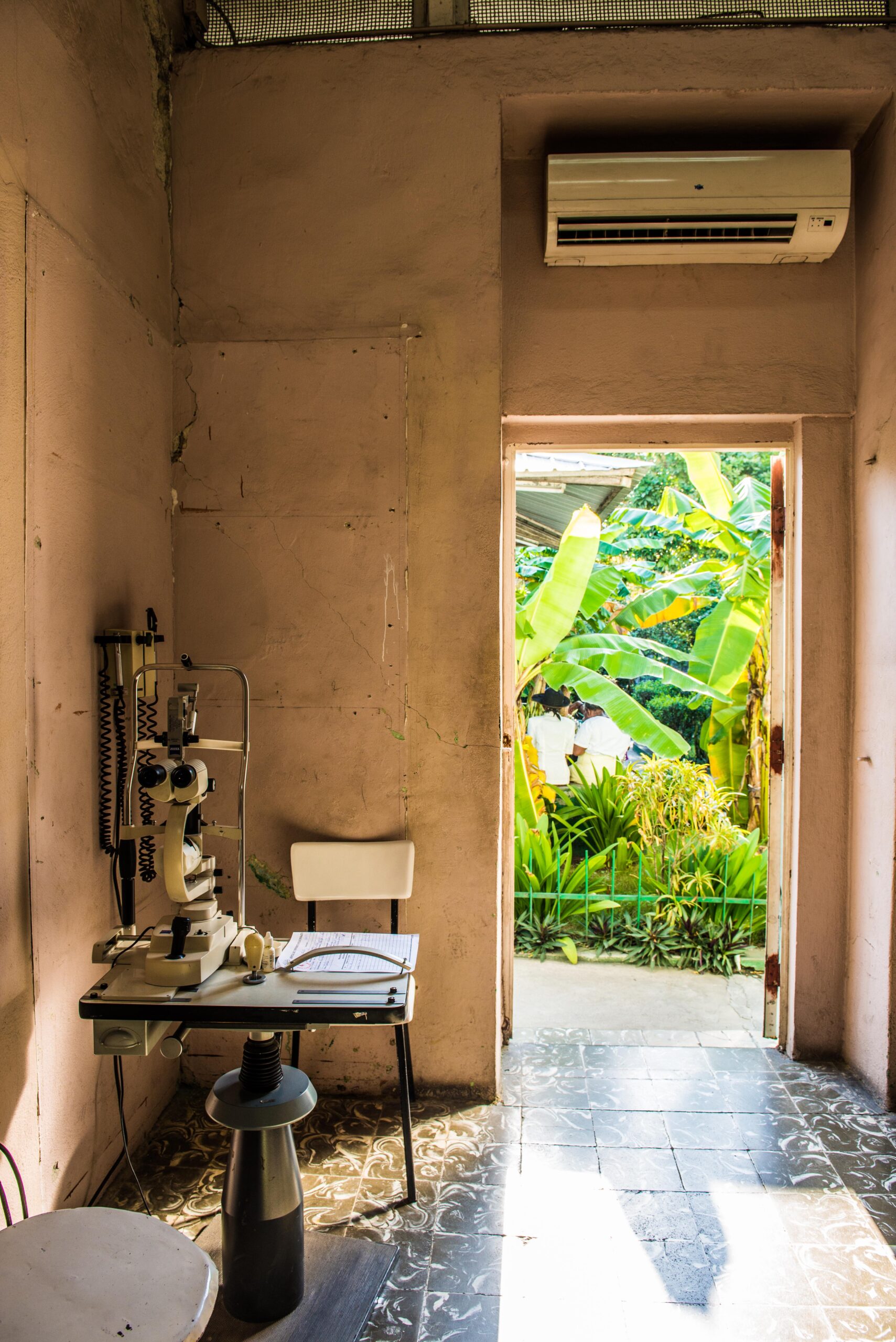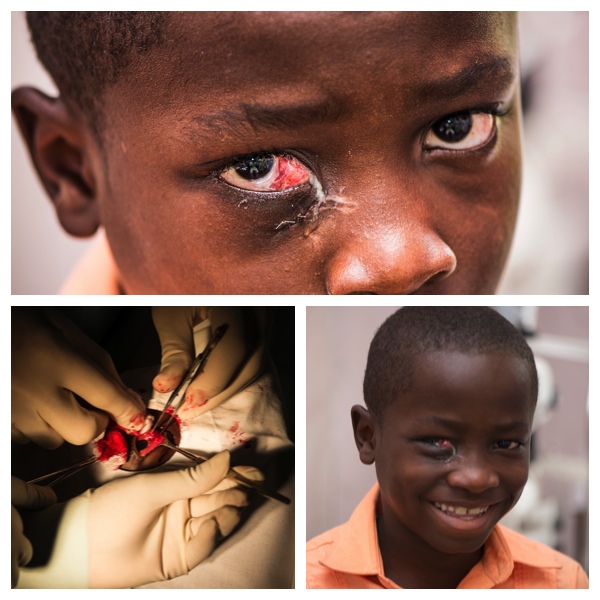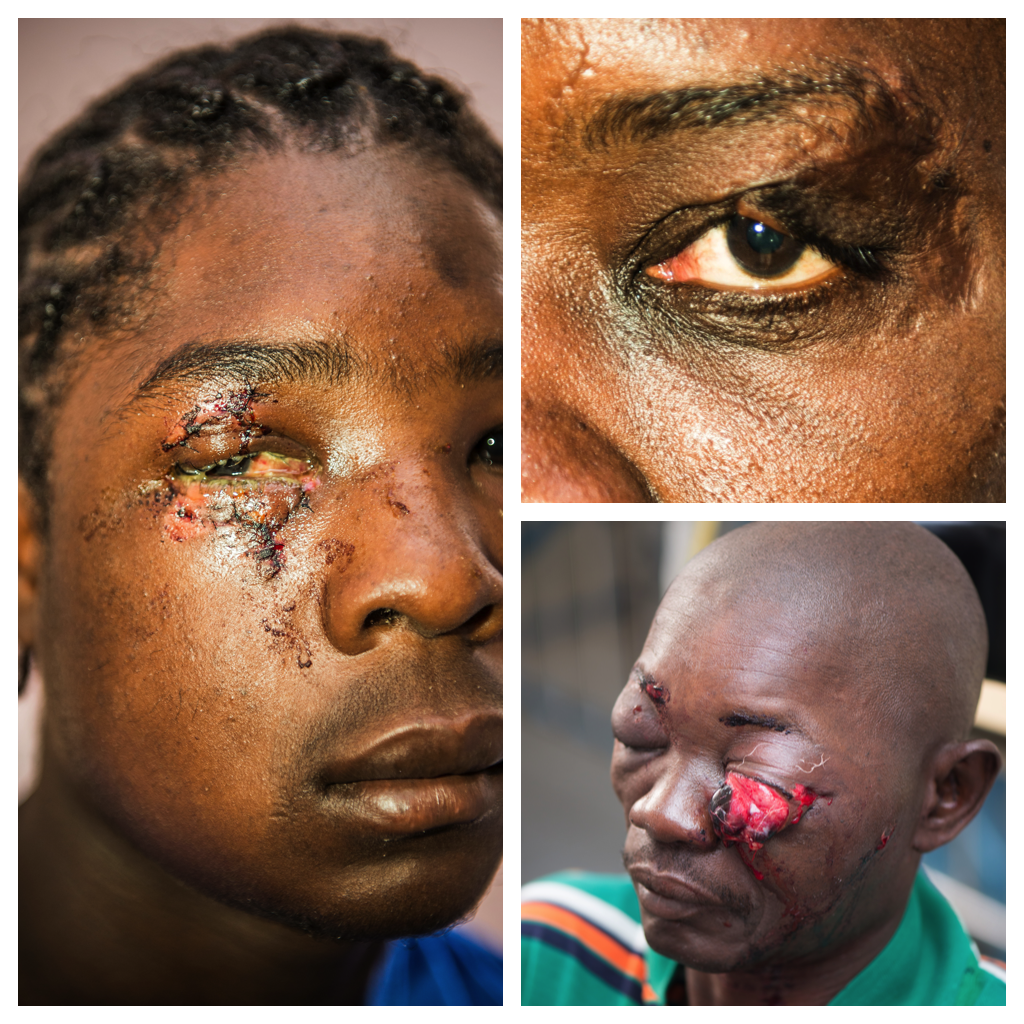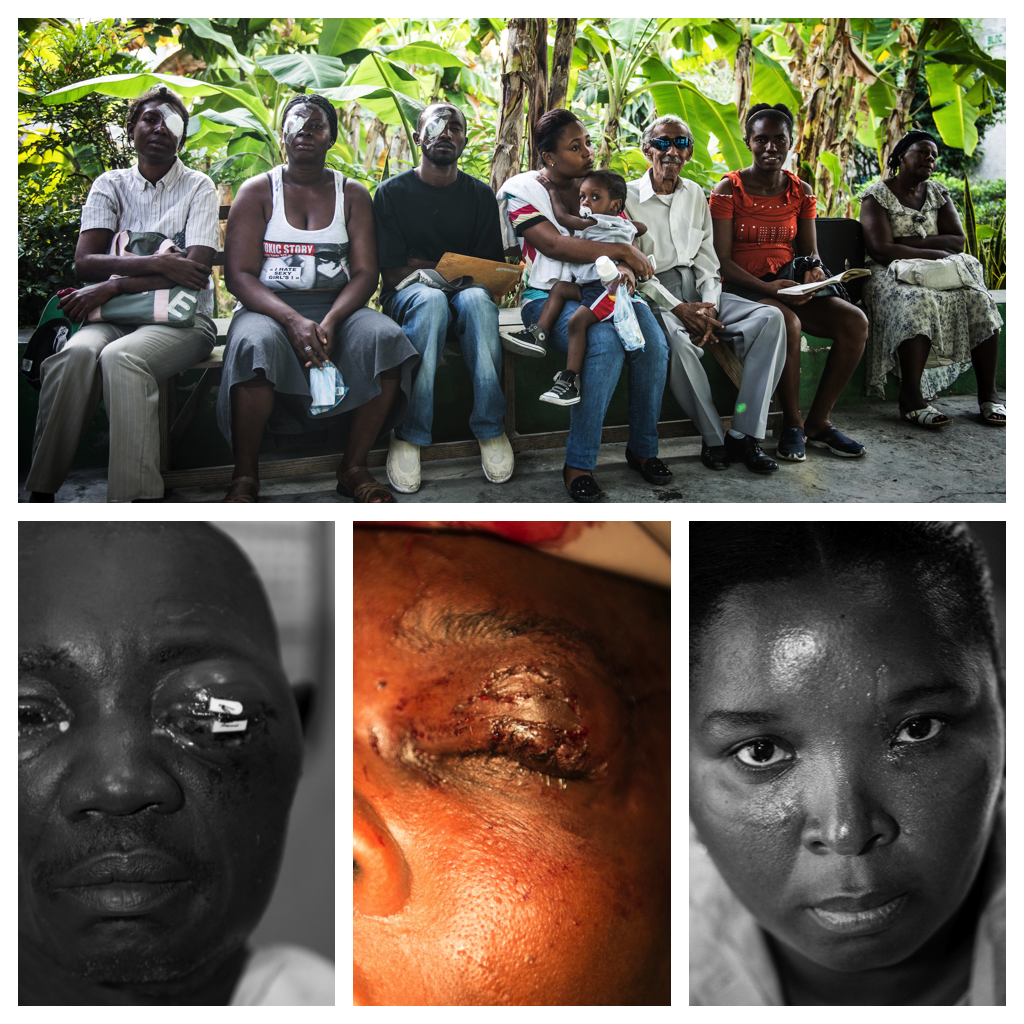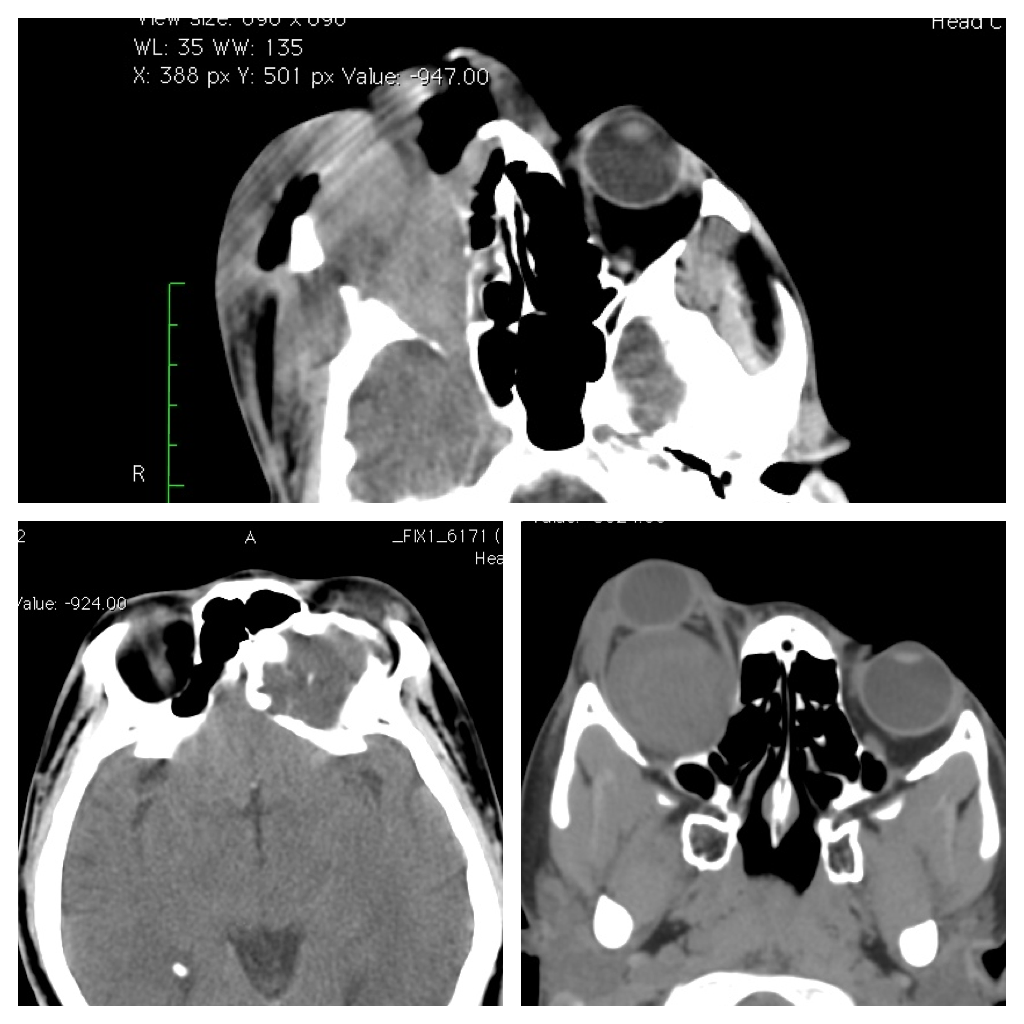I’m on my way back from another week in Haiti. I had many profound, disturbing, humbling and enlightening experiences. I thought I’d share a few here and try and put in words what you would experience if you made a similar trip.
First, I wanted to address the title of this post. The “Third World” is actually an outdated and useless term, which came about after World War II to describe countries that neither belonged to NATO or the communist bloc. This third group of countries were very often also poor and the two labels become synonymous. What the term does however, is lower these countries to a status unbefitting of the people living there. There is no doubt that Haiti is poor, but to cast it and its people aside as being in a different world is unfair and detrimental to understanding their plight. It takes around an hour to fly from Miami to Port-au-Prince, hardly a world away (remember when Haitians were crossing to Florida in rafts). In truth, they live in exactly the same world as the rest of us, that world just hasn’t given them as much to work with. As a kid, I never wondered if my next meal was coming, or if I’d have access to clean water. The power was on 99.9% of the time, along with either the A/C or heat. And if, God forbid, I or someone I knew got sick, I knew every possible treatment was available to them. These all seemed to be my right as a human. So when you see people who have little to no hope of achieving many of these basic rights, you can’t help but wonder what is going on in this world.
The good news is, I also saw hordes of people, mostly from the US and France, visiting on mission trips. Most were with church groups building schools and churches, establishing water sources and doing ministering. Everyone was jazzed about the difference they made and many talked about what they were planning for their next trip. You can’t help but think with all this help coming, more than 3 years after the earthquake, it is only a matter time before momentum brings real change to Haiti. Just sending money to their government won’t help, just ask Somalia, Ethiopia, Sudan….
Just a couple of stories of patients I met. I saw quite a few children with facial deformities due to tumors or hemangiomas, but also due to trauma. Trauma was the theme of the visit. This great young kid had been hit in the face by someone a few weeks earlier and had a persistently swollen right eye. I was worried about a foreign body. During surgery, I encountered a hard mass against his eye and tenting the conjunctiva out where it appears red and swollen in the photo. It turned out to be a chunk of bone that had been dislodged from inside his eye socket. No one had examined him thoroughly and this had been missed.
The same day, we saw two men in the ER who had been assaulted. One stabbed in the eye, the other shot through the cheek, with the eye being the exit wound. Nearly every face we saw seemed to have some sort of scar.
The young man with the stab wounds above had 4 1-0 sutures closing all his lacerations. 1-0 suture is usually used to close very thick tissues, such as the abdominal wall, not delicate structures like eyelids. I removed them and replaced them with about forty 6-0 and 7-0 sutures. The young woman above had numerous scars dating back to the earthquake, which split her eyelid in two and left it retracted.
Her repair involved borrowing skin from her right upper eyelid to lengthen her left upper eyelid, as well as a full thickness resection of her scar and realignment of her eyelid margin.
The cases we did were all difficult, but the cases we couldn’t do were the hardest to deal with. We saw several patients with large growths emanating from various parts of their faces. They had saved money and paid for a CT scan (around $300, average monthly income is $60). The scans showed invasive tumors filling their eye sockets and often extending into their brains. Surgery was not an option. When I’d recommend an oncology consult, the residents would shrug. They knew that even with a consult, the treatment necessary would not be available in most cases. As one resident said when I asked her to explain to a patient what we were seeing, “tumors don’t go over well here, everyone knows they are going to die.”
Anyone interested in helping us out, can either donate to CharityVision or contact our office. Every trip we identify a slew of instruments and supplies we need to offer better care. Any help with attaining these supplies is greatly appreciated. My retired partner, Dr. Call, and I have committed to having one of us visit every 3 months. The needs are seemingly endless.

